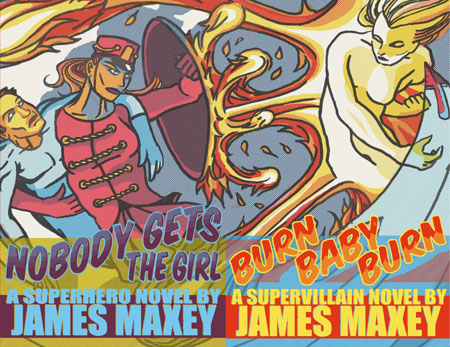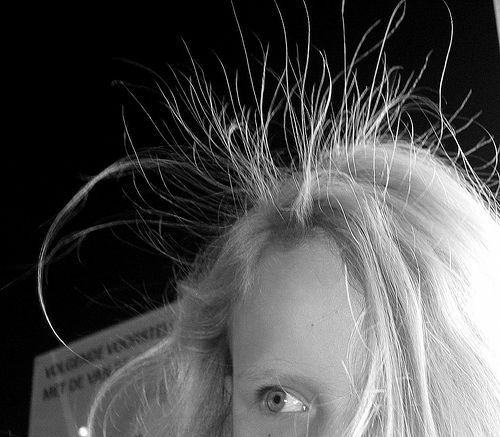James Maxey is the most unrelentingly quotable person I’ve ever met. I complained about this to him the other day in the course of asking permission to post the below. He gave me his blessing to post and mentioned he’d be likely to expand on what he said soon on his own site (see link, below).
“Even I find myself quotable,” he said. The bastard.
Anyway, in a recent writing group discussion, we were talking about why we chose our current projects. There were a variety of answers, but the word “excitement” came up a lot, and James had this to say on the subject.
For what it’s worth, I think mere excitement is a vastly overrated reason to commit to a novel. Excitement is sufficient grounds to take part in a one night stand, but committing to a novel is more like choosing someone to marry. There needs to be that initial passion, but there has to be something stronger beneath it. The novel has to share your values and your long term goals. You have to be willing to stand by it in sickness and health, through riches and poverty. You’re going to see this novel without its makeup on. You’ll have to be there to comfort it when it gets the flu and has bad things pouring out of every orifice. You’ll have to keep believing in it when it hits low points, when it’s lost its way and no longer moves you to passion. You’re going to have to keep going home and sharing a bed with it even though other younger, better looking, more clever novels flirt with you.
The long term rewards of such a relationship make it all worth it. You write the novel, edit it, polish it, and all the time it edits and polishes you. At the very least, you should emerge from a finished novel as a better writer, but I also think it’s possible to emerge from a novel as a better person.
That resonated with me, and James, a prolific and popular writer, is speaking from a lot of personal experience. He’s the author of award-winning short storties and a pair of read-at-a-gulp superhero novels, as well as the Dragon Age trilogy and the very different Dragon Apocalypse series. If you’re curious, check him out at dragonprophet.blogspot.com .




